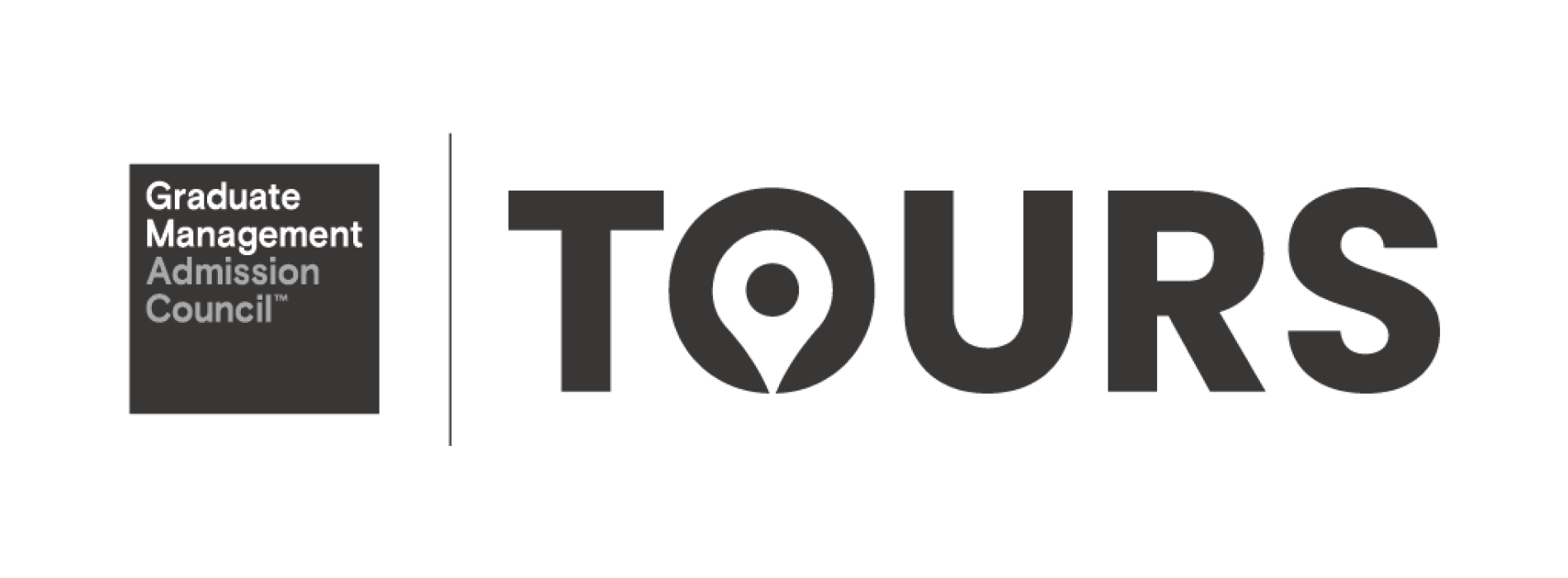
What is the future of graduate management education? How will Artificial Intelligence (AI) impact this future? In this article, we asked our upcoming Annual Conference keynote speaker, Vivienne Ming, to give us a sneak peek of her speech by answering some essential questions around this trending topic.
Vivienne Ming dropped out of UC San Diego as an undergrad and lived out of her car for several years before identifying her passion: cognitive science. She enrolled at Carnegie Mellon and completed her undergraduate education in one year. She uses her experience to envision how AI and machine learning can transform education from multiple perspectives, including admissions, program delivery, job matching/placement and skills building for the Future of Work.
- What is AI? Is it interchangeable with machine learning?
As AI, machine learning, and deep neural networks seem to be slowly eating the world, it’s very reasonable to wonder what exactly they are. In its most basic form, AI is any autonomous system that can make decisions under uncertainty: Which chess move should I play? Does that mole look cancerous? How fast should I take this left turn? Should I hire that job candidate? There are no completely right answers to any of these questions, but certainly some decisions are better than others. All those decisions have been purely a human domain. Until now. The transition to trusting AI with these decisions will slowly, yet inevitably, transform the world.
There are some subtle distinctions in the world of AI. The most prominent of which is the difference between machine learning and frankly, everything that has come before. Machine learning is a form of AI which learns from the statistical regularities of its “experience”, the data on which it is trained. Modern machine learning is endlessly hungry for data but is often lacking in any real knowledge about the problems that it’s solving. The cutting edge of AI today is mainly (but not exclusively) in the field of deep learning, a form of machine learning that leverages massive, interconnected computation and enormous quantities of data to learn subtle patterns, picking out complex interrelationships between variables to make decisions. The truth is, however, that it’s not machine learning’s statistical properties per se, but its massive scale that makes it different. Google’s search algorithms and Facebook social graphs are just as big, complex, and fragile as the most sophisticated deep neural network.
- How do you envision AI being used in GME admissions? You talk about educational lift - how would you describe it and how does it apply to evaluating graduate management education candidates?
In one of my early companies, we developed one of the first AI systems to mine through the internet and find potential job candidates—what’s called sourcing. Our system crawled through hundreds of websites and hundreds of thousands of blog posts, Twitter feeds, and more to produce a database of 122 million working professionals. The algorithms we developed then learned to assess the potential of these candidates and make hiring recommendations to our customers, large employers in the tech and finance industries.
Our first ambition was to take bias out of the hiring process, but we aspired to do even more. We wanted to transform the companies themselves by finding them the people they ought to hire instead of the ones they would have hired by default: a sterling Ivy League degree with perfect test scores and shining white teeth. We hoped to transform work by finding the right person for every role, no matter who they were or where they existed. Turns out, this is rather hard.
This wild idea of finding the person who could be both most transformed by a job and most transformative within a company is just as powerful in education, perhaps even more so. Imagine if instead of waiting for students to apply, universities could actively seek out individuals on whom they would have the biggest impact and who would also be the greatest peer mentors for their fellow students. What if, through crazy algorithmic alchemy, we could actually admit the student through whom the university would have the biggest impact on its community and the world?
This core idea is what we call educational lift. Not simply the growth of a student, but the unique positive impact a university has on its students and how that impact is then transmitted out to the world. At the Socos Foundation, we are exploring how to identify families through whom a targeted preschool scholarship would transform their community. Graduate admissions assessments could conceivably do the same. Graduate admissions could be based on the predicted lift a school will have on society through the students it transforms. In the end, what we should care about is not who a student is, but who they could be. It’s difficult to see this lift at elite universities today, because most of the students admitted to those institutions are likely to have success in their lives either way. But educational lift can change that and benefit everyone.
- What are the benefits and pitfalls of AI as it grows more sophisticated?
Of course, doing this kind of wildly aspiration educational lift prediction is more than a human could accomplish, and so we rely on AI and in particular, machine learning to help. However, research has shown that AI can produce profound biases in admissions, hiring, loans, and policing. Again and again, we see well-intentioned AI inheriting, and even amplifying, the bias of those who built it. The moral failure of this biased AI has real economic and social costs for all of us. One of the truths I’ve learned from building AI across dozens and dozens of wildly different projects is that AI cannot solve your problems for you, it is only a tool. AI may be one of the most sophisticated and powerful tools ever built, but if you don’t know how to solve your problems, AI cannot figure it out for you.
But it can be a tool for good. I work with AI in a number of spaces—education, workforce development, healthcare, inclusion, innovation—because this incredibly powerful tool can transform education, strengthen communities, and literally save lives. Each of these projects fundamentally starts with understanding the problem. It is incredibly difficult to build a house without a hammer, but no matter how big your hammer or how many you have, they will never build a house on their own. We are the creative force to solve these profound challenges.
- Undoubtedly, AI will have huge implications for GME. What is one thing business school professionals should know about AI today to prepare for this future?
One of the most common questions I’m asked about AI is, “How will AI change work?” A typical response in many blog posts is, “We’ve been here before, it’s just like the industrial revolution. AI will create more jobs than it destroys.” This is very possibly a true answer, but it’s the wrong question. We’ve never been here before because neither agriculture nor industrialization nor electrification could replace human judgment. AI is surpassing the most elite professionals in the accuracy of their cancer diagnosis, legal contract review, risk assessments, programming efficiency, and so much more. Whatever job you’re doing today, for all the parts of it that anyone else with a similar education could do—no matter how sophisticated or elite that education—there are 100 startups planning to AI-source those parts of your job. If you were doing the same thing last week as you’re doing this week, your job is not long for this world. At least not the way you’re doing it today.
This might sound terrifying or exhausting. Or it might sound empowering to be freed from all the boring rote drudgery of your job. But the question is how will humanity, not AI, respond to the vastly different demands. As AI creates more jobs than it destroys—and it will—the vast majority of us, even those with a university education, will be unqualified to fill them. It’s not because we lack a specific skill or didn’t study programming; it’s because those jobs will draw on your creative potential to explore the unknown. Work will change, but our schools and hiring are not.
There is an amazing silver lining to all of this, one that comes with a profound transformation in both education and work. In a world in which all of those rote tasks no longer have value, those things anyone could do, then it is solely those qualities that make you unique which will have importance in a modern economy. And the more unique you are, the more valuable you will be. If you are educating a whole new generation of business leaders, then you need to understand the fundamental importance of those leaders truly being themselves, not as a slogan or an issue of personal branding, but simply because if you educate them to do anything less than that, I will build a robot to replace them.
We’ll be learning more about this extraordinary topic at our upcoming Annual Conference in Denver, CO, June 19-21.





